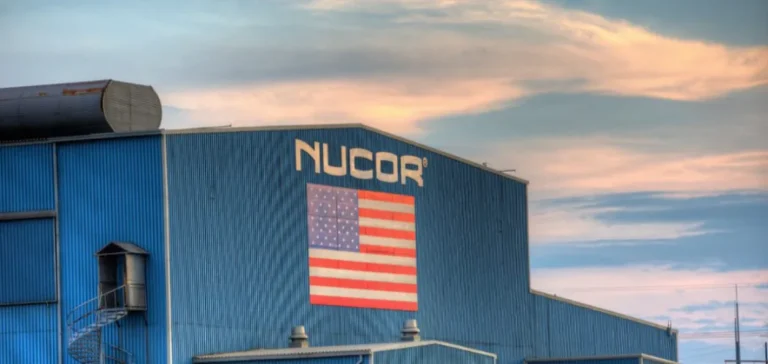The Nuclear Company (TNC), a US-based nuclear deployment firm, announced a strategic partnership with American steelmaker Nucor Corporation aimed at strengthening the domestic nuclear supply chain and accelerating the development of high-capacity reactors across the country.
According to standards set by the American Society of Mechanical Engineers (ASME), the two companies will assess the use of NQA-1 certified steel and related infrastructure for gigawatt-scale nuclear reactors. This certification is a critical requirement for the manufacture of safety-related components in the civil nuclear sector.
Direct alignment with federal priorities
The partnership between TNC and Nucor aligns with policy objectives set by the Trump administration, which aims to achieve 400 gigawatts (GW) of installed nuclear capacity by 2050. The plan includes the construction of ten large-scale reactors over the next five years, addressing the country’s growing energy needs.
The initiative comes as the United States pushes to accelerate the development of power plants and transmission infrastructure, following an executive order signed in January. The order was prompted by surging energy demand linked to the expansion of artificial intelligence, data centres and electric vehicles.
Positioning against China and Russia
The TNC-Nucor alliance also aims to position the United States competitively against China and Russia, both of which have expanded their nuclear reactor fleets in recent years. The partnership supports national energy sovereignty by reinforcing domestic production capacity and critical component manufacturing.
TNC Chief Executive Officer Jonathan Webb stated the agreement with Nucor will “protect national security, support energy independence and build a more resilient economy.” No further details were provided regarding production volumes or a defined implementation timeline.






















